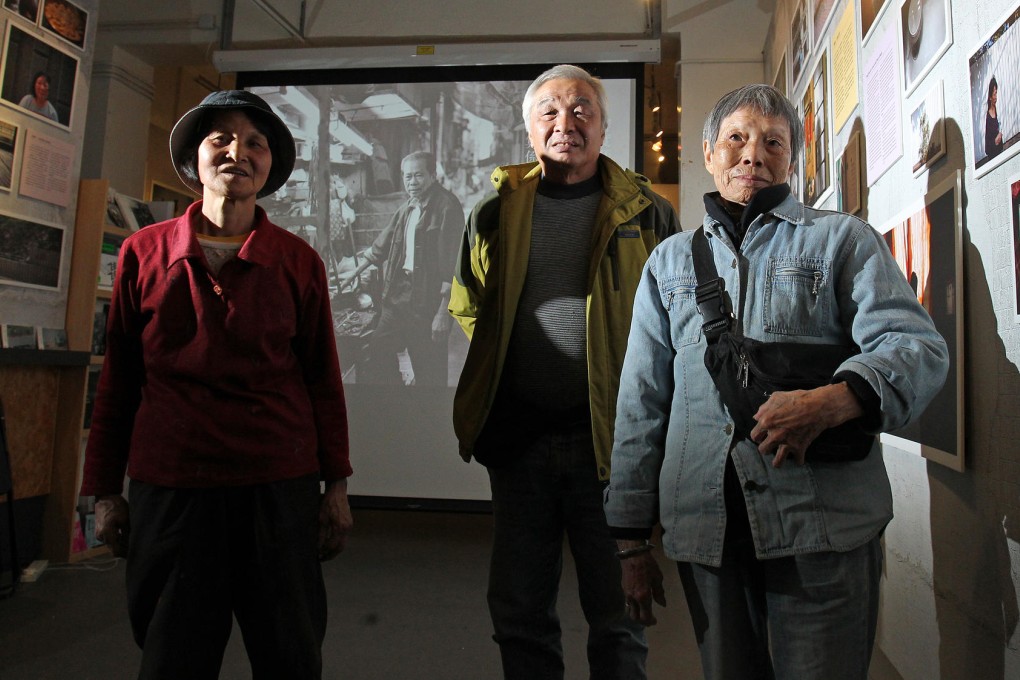Exhibition of elderly workers sheds spotlight on Hong Kong's pension 'failures'
Exhibition of elderly workers highlights pension 'failures', activists say

To still be working aged 70 is not a milestone many Hongkongers are necessarily proud of - yet in a city lacking much of a social safety net for those who toiled all their lives, it can be inevitable.
Adding to the burden, the fact many companies enforce retirement at the age of 60 or 65 leaves some older workers turning to low-paid jobs or coping with insecure short-term contracts.
"I'd do any work - apart from stealing," says Wong Siu-ying, who earns a few thousand dollars a month handing out fliers, standing for up to five hours a shift. Despite being sick for the past three months, she is eager to get back to work.
Wong is one of several elderly Hongkongers whose story is told by photojournalist Lam Chun-tung in a new exhibition - organised by rights group the Society for Community Organisation - called "We Live", which opened at the Cultural Centre yesterday.
Lam chronicled his subjects' lives over three years, while articles telling their stories were prepared by volunteers.
The exhibition comes amid debate over the rights of elderly people and the possibility of a universal pension at a level far above the monthly HK$1,180 in so-called fruit money that is all most are eligible for.